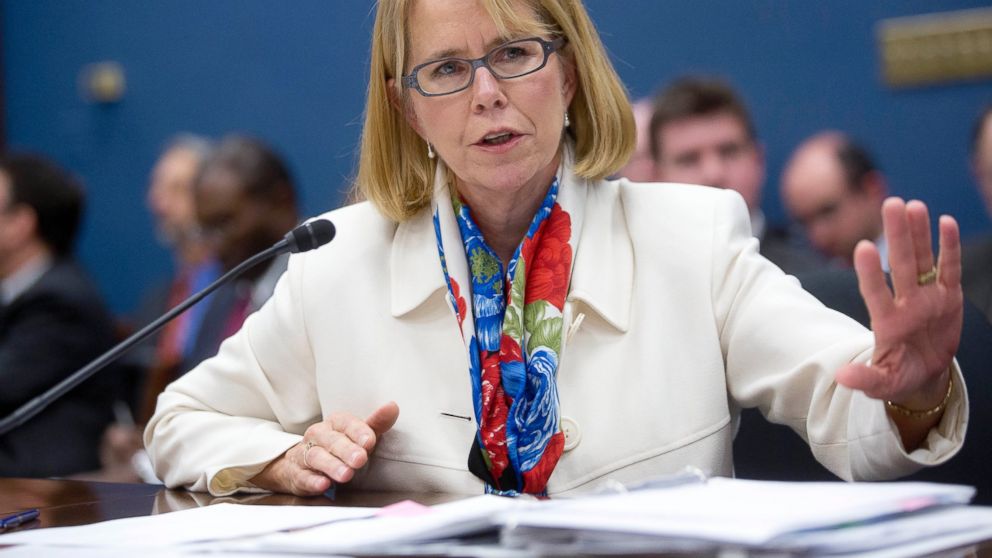Sofas Held Hostage: Fraudulent Movers Ransom, Steal Belongings
These tips can protect you from falling prey to moving fraud.

Dec. 3, 2013 -- The fact the federal government keeps a "10 Most Wanted" list made up entirely of moving men might seem funny to you. But to Reana Kovalcik, though, it's no laughing matter.
Kovalcik, 29, testified before the Senate Committee on Commerce, Science and Transportation during hearings into the problem of moving companies holding customers' belongings hostage. Anne Ferro, Federal Motor Carrier Safety Administrator, has a one-word description for that practice: "extortion."
In Kovalcik's harrowing testimony, she explained how in 2010 she and her boyfriend hired what they believed to be a reputable mover to get their household goods from Chicago to New York City.
They shopped online, looking for the best deal. "Price was the most important factor," she testified. They got quotes from four companies. One, Worldwide Van Lines, was happy to give them a lowball quote ($898) without ever coming to their house to take a look at their belongings, according to Kovalcik.
Pitfalls to beware when hiring movers
Worldwide wanted an upfront deposit ($198.95), which the couple paid.
On moving day, when the van arrived five hours late, it had a different name on it -- Able Moving. So, the couple called Worldwide and were told that Worldwide was just the agent, according to Kovalcki's statement. The actual move would be done by Able.
Kovalcik said that after that, "Things began to fall apart."
When the truck failed to show up in New York on the contracted date, they called Able and complained. Able told them they would have to pay another $2,000 for, among other things, "packing materials," before they'd see their stuff, Kovalcik said.
When the movers arrived, Kovalcik's boyfriend called the police. Before the police arrived, the van sped off.
A car chase and other drama followed, without the couple recovering their goods. Before Able eventually told them where they could find their stuff (a public storage facility in New Jersey), Kovalcik said she had had to enlist the aid of the New York and Chicago police departments, a Chicago alderman, and the Chicago Department of Business and Consumer Affairs.
Their goods, when they found them, "had been smashed; almost all our furniture had been destroyed." Their most expensive possessions had been stolen. The damage, she testified, totaled about $10,000.
ABC News Fixer recovers $100K after moving day disaster
The Federal Motor Carrier Safety Administration (FMCSA) has logged thousands of consumer complaints a year about fraudulent movers since 2002. The number peaked at about 3,600 in 2005 and last year was 3,120.
Ferro called some of the incidents horrific. "When it goes bad," she said, referring to people who unknowingly hire rogue movers, "It's horrible." The problem of moving fraud has been made worse by the Internet, she noted.
"When we have to move," she told ABC News, "we're at our most vulnerable. Maybe someone is changing jobs. Maybe they've had a family trauma." The customer is trying to find what looks like the best deal with the least effort, so they go online and pick a mover based on what they see there," without doing any further due diligence. Even if the deal is too good to be true, Ferro said, "We think okay."
The Department of Transportation, of which FMCSA is a part, fights fraud several ways. Through its Inspector General's office, it maintains a "Most Wanted" list of criminals who have perpetrated transportation crimes. The first ten on that list include eight who are wanted for "Fraud Involving Moving Company."




